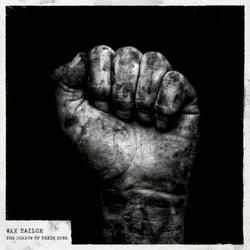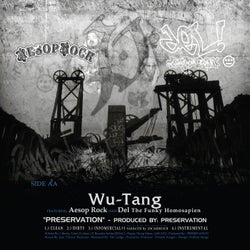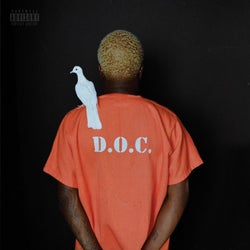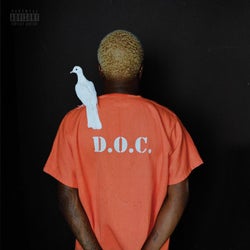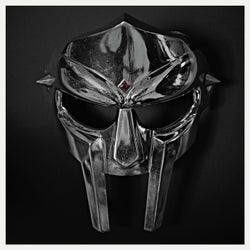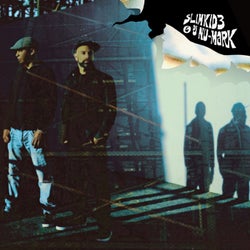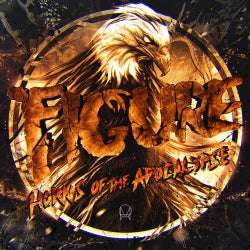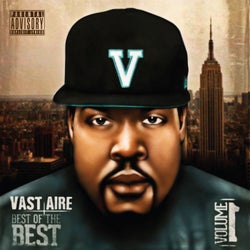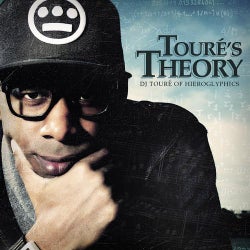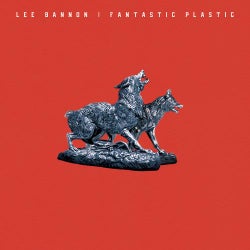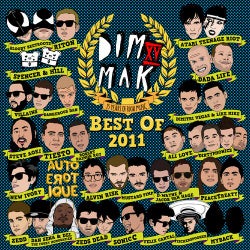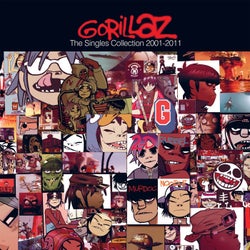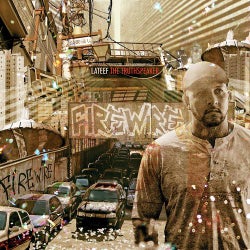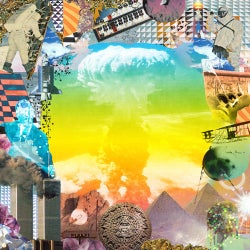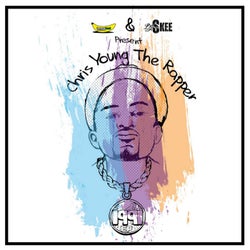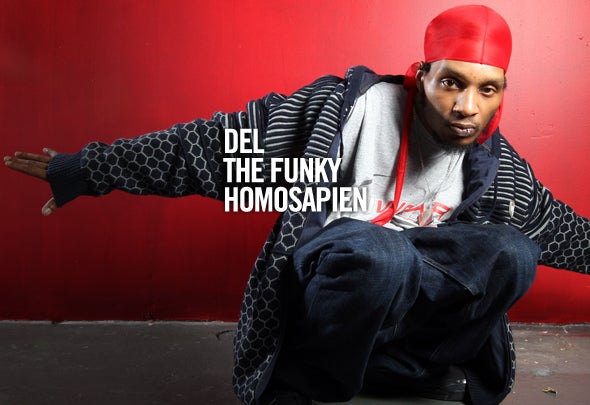
Since 1990, when he made his auspicious debut on cousin Ice Cube's classic Amerikkka's Most Wanted, Del the Funky Homosapien has set the benchmark for advanced rap lyricism. His output for Elektra Records --1990's I Wish My Brother George Was Here, 1993's No Need for Alarm, and Future Development (shelved at the time, and later released on Hiero Imperium) – was hugely influential, laying a foundation for countless other MCs to follow. At the dawn of the century, Del was incredibly active. His 1999 album, Both Sides of the Brains, sold in excess of 100,000 copies. Deltron 3030, a science-fiction adventure he orchestrated with producer/auteur Dan "the Automator" Nakamura (Dr. Octagon, Handsome Boy Modeling School) and visionary Canadian turntablist Kid Koala in 2000, also sold over 100,000 units and became a

